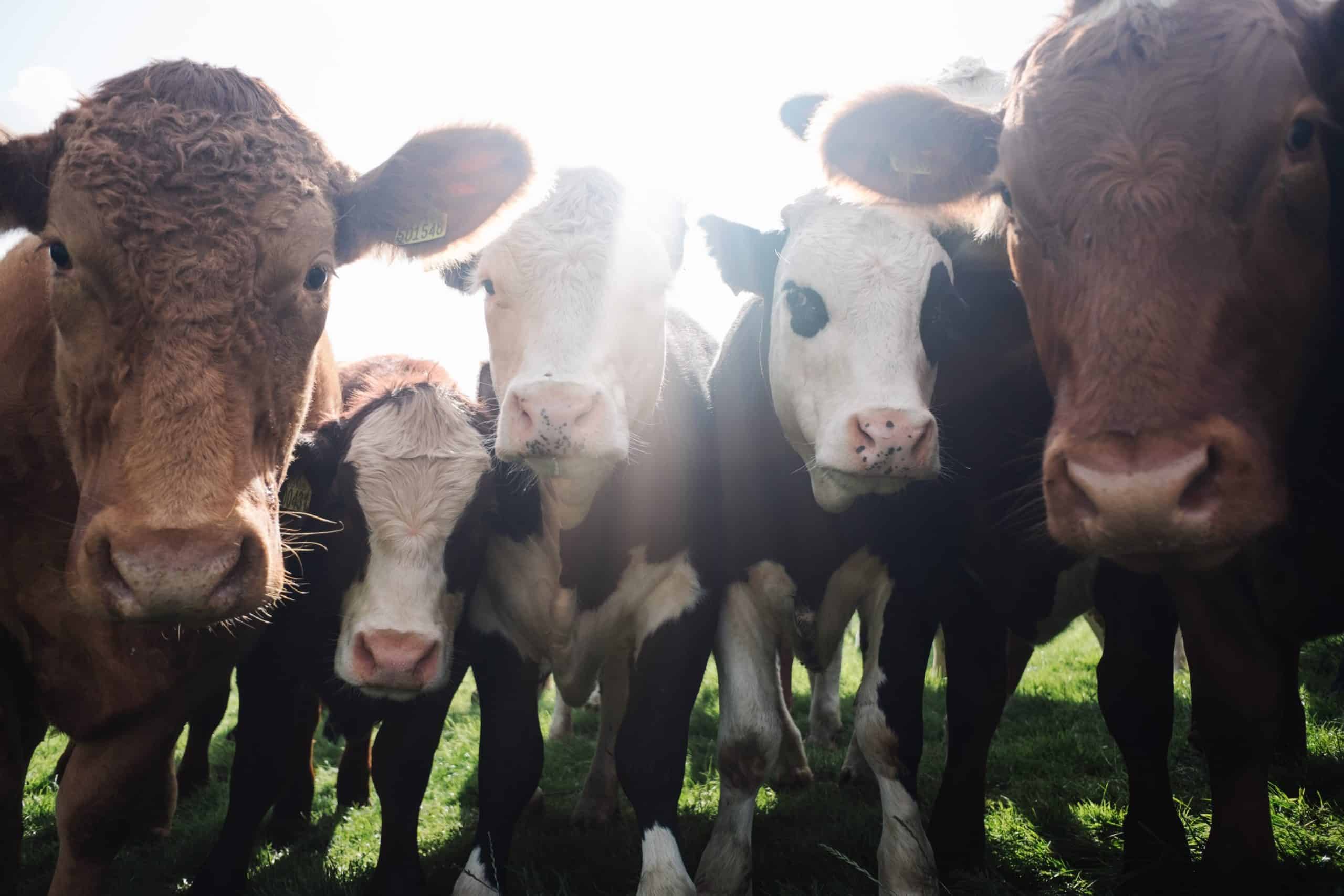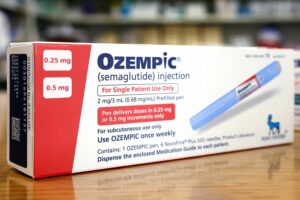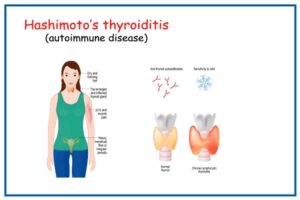This article is about conflating ideology with health science, and for the sake of argument, we are going to look at an extreme case— the vegan diet.
Before I go any further, let me just make it clear that I think a vegan diet is not nutritionally adequate, I think the fact that you have to supplement in order to avoid serious nutrient deficiencies makes it fundamentally flawed. Now, before people get angry at me I do understand that there are people out there who do well on a vegan diet (apparently), but I have personally never seen it in my clinic and I have serviced over 1,000 patients.
On the other hand, I also think that eating exclusively meat and animal products might not be the best idea. I have tried the carnivore diet and felt great, but I like fruit and I think some people need a higher intake of carbohydrates.
So, which diet should you subscribe to?
The answer is complex and the diet lies somewhere in the middle. A quality source of animal protein, seasonal fruit and veg, some fermented food, and good quality fats such as olive oil – that will generally work well for most people and it is certainly an improvement from the typical western diet that is laced in sugar, high fructose corn syrup, and vegetable oils. In developed western societies we are accustomed to getting what we want, when we want it. We are the fat cat. But, in nature, the peach only grows in summer and you won’t find pineapples in Scandinavia.
Back to the vegan diet.
Popular media has done a terrific job of demonising meat and animal products. For so long we have been told that fat will kill us and eating too many eggs will give you high cholesterol. Now we know that it isn’t fat, but sugar that will kill us, and it’s systemic inflammation that is the cause of Cardiovascular Disease, not high cholesterol. Everything in the health aisle is a ‘superfood’ and cooking with coconut oil is good for you, but using animal lard (fat) will kill you? Goji Berries contain iron, but red meat causes cancer… I don’t see the logic.
Here’s the problem, it is often common practice to compare the best of one thing, to the worst of another. This is the “straw man fallacy”. It’s the idea of building a straw dummy because it’s easier to defeat than a real opponent — in other words, breaking down somebody’s argument so that it doesn’t make logical sense, and is therefore easier to discredit. This is especially the case when trying to prove that their ideology is better than yours. In health science, we often compare the best version of the vegan diet, to the worst version of the average western diet. This is mostly because of “the healthy user bias”, a scientific way of saying that people who engage in one practice that is perceived to be healthy, are also very likely to engage in other healthy practices. For example, vegans and vegetarians are more likely to eat a higher intake of vegetables, practice yoga and probably live an overall healthier lifestyle. But does that make it the ideal diet? No. Let me explain…
I don’t think it’s possible to meet nutrient needs on a vegan diet without the use of supplements, and quite a few of them. Vegan diets are low in B12, bioavailable iron and zinc, choline, vitamin A & D, calcium, and EPA and DHA. Supplements are a great tool for treating temporary deficiencies, but their absorption is dependent on far too many variables. Maybe, the symbiotic relationship of nutrients in whole foods i.e. iron with protein in red meat, or fibre and vitamin C in apples is the way the receptors on our cells prefer it? Maybe that’s why we have come this far without supplementation.
It’s also important to point out that humans are complicated and there are many genetic differences. Some people might feel temporarily better on a vegan diet, most likely because they decided to go on a ‘health kick’. And, on top of eating vegetables, they also take a spin class every second day instead of going to the pub. After all, you’re 40 now, you should probably start looking after yourself. Sound familiar? The reality is that in these cases, it is only a matter of time before we start to see nutrient deficiencies.
The ideal diet lies in the middle — eat vegetables, and plenty of them, swap dessert with seasonal fruit, source the best quality protein you can and make it real, not a powder. Eat meat, eggs, fish and poultry, make it organic and sustainably farmed. Keep your fat intake moderate and your carbohydrate intake low — unless you’re an athlete. In short, keep it real. Especially when it comes to what you put in your mouth.
Disclaimer — there are genetic differences in all of us, some people also suffer from IGG food allergies or varied autoimmune diseases. My recommendations are general, your specific case may require stricter protocols.
Yours Truly,
Marko



